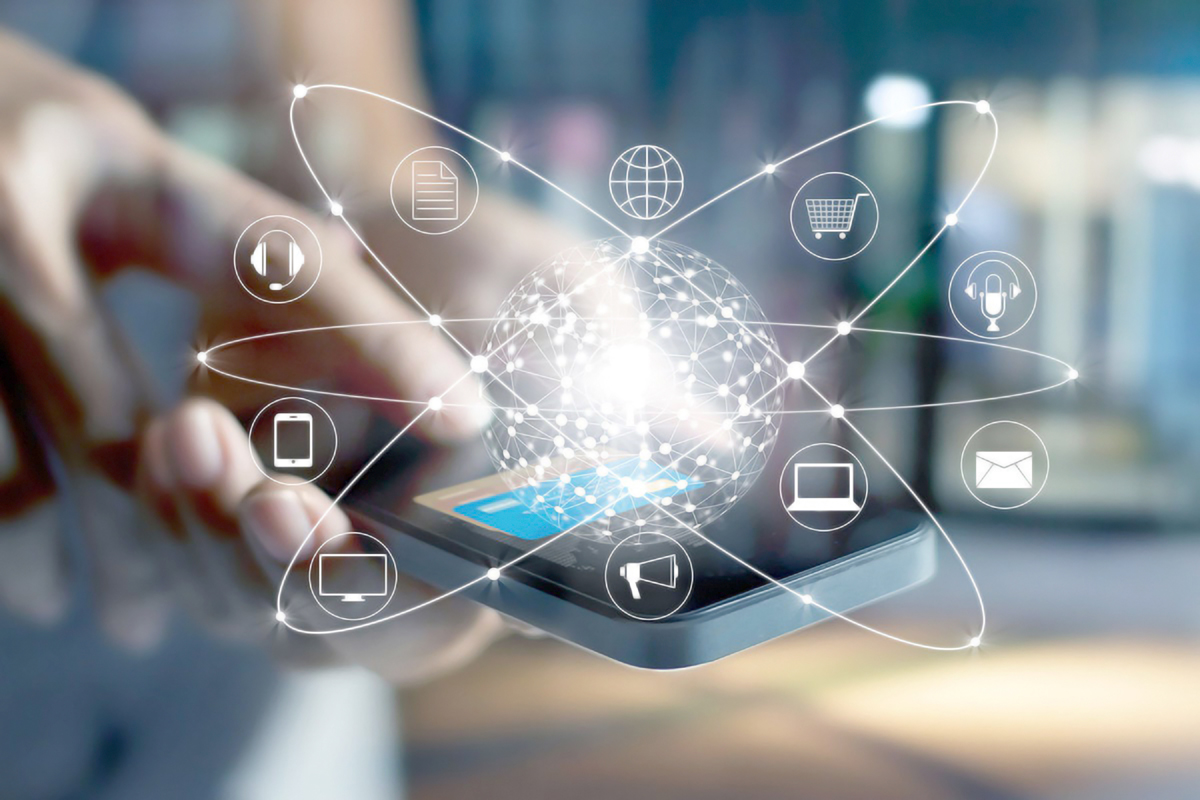NOREEN CHOUDHRY
The continuous evolution of cellular technology has revolutionized connectivity, and the emergence of 5G, the fifth generation of cellular technology, signifies a new era of enhanced network performance and interconnected experiences. This article offers a comprehensive exploration of 5G technology, highlighting its capabilities, applications, and impact on various industries. It also addresses security concerns associated with 5G, particularly in developed nations.
Central to 5G’s significance is its role as a catalyst for unmatched connectivity. Unlike its predecessors, it not only delivers faster speeds but also reduces latency and enhances adaptability in wireless services. Impressively, 5G boasts a theoretical peak speed of 20 Gbps, outpacing the previous 4G standard’s 1 Gbps. Beyond speed, 5G promises revolutionary experiences, benefiting applications like online gaming, videoconferencing, and autonomous driving.
Unlike earlier cellular generations that focused on connectivity, 5G introduces seamless cloud-to-client connected experiences through virtualized and software-driven infrastructure. This innovation ensures smooth transitions between cellular and Wi-Fi networks, offering users uninterrupted connectivity. At the core of 5G’s prowess lies its approach to network functionality network slicing. This empowers administrators to customize functionality for users and devices, bolstering efficiency. Additionally, massive MIMO (multiple input, multiple output) technology allows multiple transmitters and receivers to exchange more data simultaneously. The convergence of licensed and unlicensed wireless technologies amplifies available bandwidth, unlocking 5G’s full potential.
5G’s true potential shines in the context of the Internet of Things (IoT). Robust 5G networks facilitate seamless integration of IoT devices, enabling intelligent automation across industries like healthcare, automotive, manufacturing, and smart cities. The healthcare sector can leverage 5G’s low latency and high-speed connectivity for real-time monitoring and data sharing. However, the adoption of 5G brings security concerns. The complex 5G infrastructure involving numerous vendors raises worries about vulnerabilities in the supply chain. Ensuring data privacy becomes crucial due to the proliferation of connected devices and vast data generated by 5G networks. Addressing these concerns necessitates robust encryption, secure data storage, and stringent access controls. The intricate nature of 5G networks introduces new vulnerabilities. Cyber-attacks targeting critical infrastructure pose risks, compelling governments, operators, and vendors to establish regulatory frameworks for reliable and resilient 5G networks.
Mitigating security risks requires collaboration among stakeholders, including threat sharing, security audits, and robust protocols. Given 5G’s global nature, international cooperation is vital. Developed nations like the US and EU must collaborate with global counterparts to establish standards, share best practices, and harmonize security efforts for a secure global 5G ecosystem. In conclusion, 5G’s evolution marks a new era of connectivity, transforming industries and enabling innovative applications. While challenges, particularly security concerns, exist, the potential benefits are significant. Prioritizing security measures, fostering collaboration, and embracing international cooperation will enable developed nations to harness 5G’s power while ensuring a secure and reliable global network. This fusion of technology and security lays the groundwork for innovation, economic growth, and societal progress globally.
Ms. Noreen Choudhry, Post Graduate in Mass Communication, is a member of RFI team.


